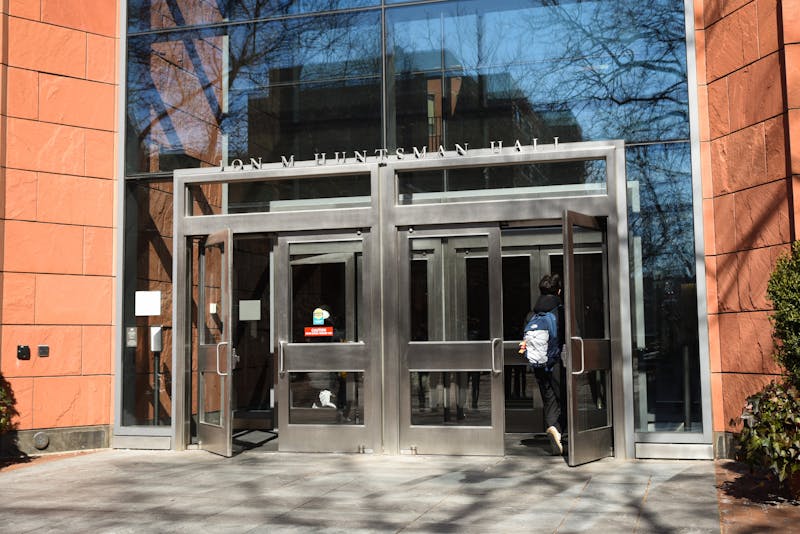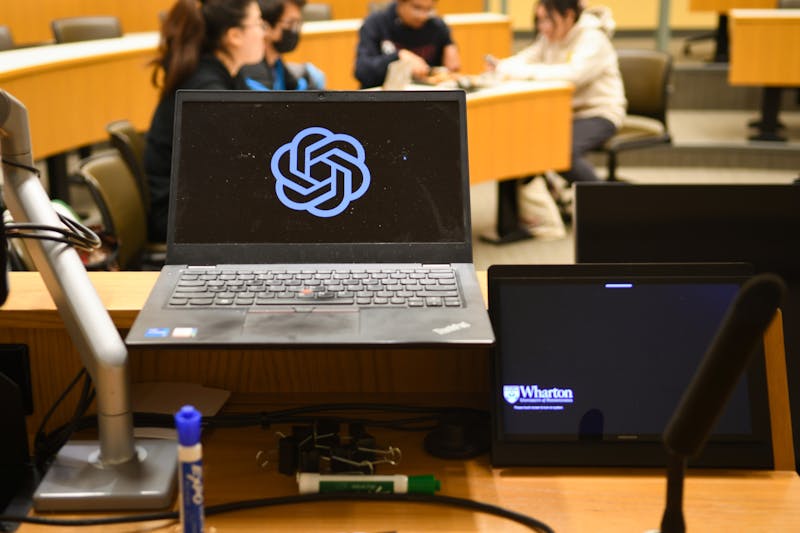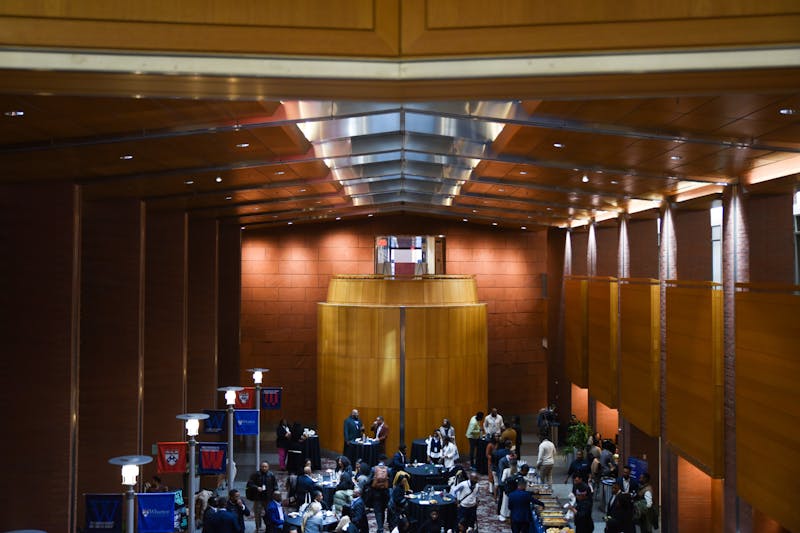
The College of Arts and Sciences will pilot a new curriculum for first-year students in the 2025-26 academic year.
The pilot program — called College Foundations — seeks to introduce a cohort of 120 incoming students to a “broad liberal arts education” that prepares them for “any field that requires independent thinking, advanced analytical skills, and the ability to manage complex problems and learn from different viewpoints.” Stephen A. Levin Family Dean of the College of Arts and Sciences Peter Struck — who assumed his role in August 2024 — discussed the new curriculum in an interview with The Daily Pennsylvanian.
The curriculum consists of four courses that “focus on close reading, careful observation and analysis, and intensive discussion on core questions of purpose and meaning,” Struck said. Students in the pilot cohort will take a pair of new “Kite” and “Key” courses, along with a writing seminar and a first-year seminar of their choice, for which they will receive priority registration.
“There are two courses, one focused on qualitative thinking and one on quantitative thinking,” Struck added. “On the qualitative side, the ‘Kite’ course is going to be seminar-based. And the ‘Key’ course is going to be a mix between larger lectures — 60-person lectures — plus lab seminar kind of meetings.”
The new program will allow students to fulfill six College requirements in their first year.
The current system includes sector and foundational approach requirements. Struck emphasized that “the Foundations curriculum is going to take care of the Foundational Approaches piece.”
According to Struck, the “Kite” requirement can fulfill the Cross-Cultural Analysis or Cultural Diversity in the U.S. Foundational Approaches and the Humanities and Social Sciences sector. The “Key” requirement can fulfill the Formal Reasoning and Analysis or Quantitative Data Analysis Foundational Approaches, along with the Natural Science Across Disciplines sector.
Struck highlighted the importance of having students receive a “broad introduction to what the arts and sciences curriculum is all about” toward the beginning of their time at Penn so that they can consider all “possibilities for their major.”
“One of the things that I have as a concern about the current General Education requirements is that you can put them off till junior or senior year,” he said. “We hear from students all the time [that] they study a literature class or art history or whatever in their senior year, and they think to themselves, ‘Well, if I’d known this as a freshman, I might have had a different major.’”
“We’re hoping that it appeals very broadly,” Struck said of the curriculum. “Be prepared to have a strong view of your own and hear from people [who] have different views from yours.”
The curriculum also seeks to prepare students for future career paths. The cohort’s students will work closely with Penn’s Career Services, receiving “special sessions” including a “one-on-one appointment” to explore their future path.
Struck said College students are “prepared for their careers in a very positive, a very productive way” — a condition he said had been “under-articulated … in the past.”
“We’re considering building a component of this [program] that we’re calling the ‘in practice’ requirement," because students will put their learning “into practice,” Struck added.
According to Struck, this pilot program is the beginning of a three-year process. 2024 — the first year — was dedicated to planning and designing courses, while 2025 will serve as “a year of vetting.” Struck described this year as an opportunity to take initial ideas to “student groups, faculty, staff, and just talk to everybody and try to make the plan better.”
In the spring of 2026, SAS faculty will vote before a period of “implementation to roll out a broader curriculum in Fall ’27.”
“I’d like to see these Foundations courses become the foundation of a new General Education requirement at Penn,” Struck said. He added that “adjustments” would be made as administrators “learn from our students and our classroom.”
Standing faculty last revised the College curriculum in 2005, creating the current framework of sectors and Foundational Approaches.
“Over the course of the last 12 months, we had 50 faculty, probably 15 to 20 students, [and] staff, involved in a kind of large-scale rethinking of what we’re doing,” Struck said. “And the key result from that to get us going on the changes is this Foundations curriculum.”
“I just want to work every day, all day, trying to make this place better,” Struck concluded.
The Daily Pennsylvanian is an independent, student-run newspaper. Please consider making a donation to support the coverage that shapes the University. Your generosity ensures a future of strong journalism at Penn.
Donate











